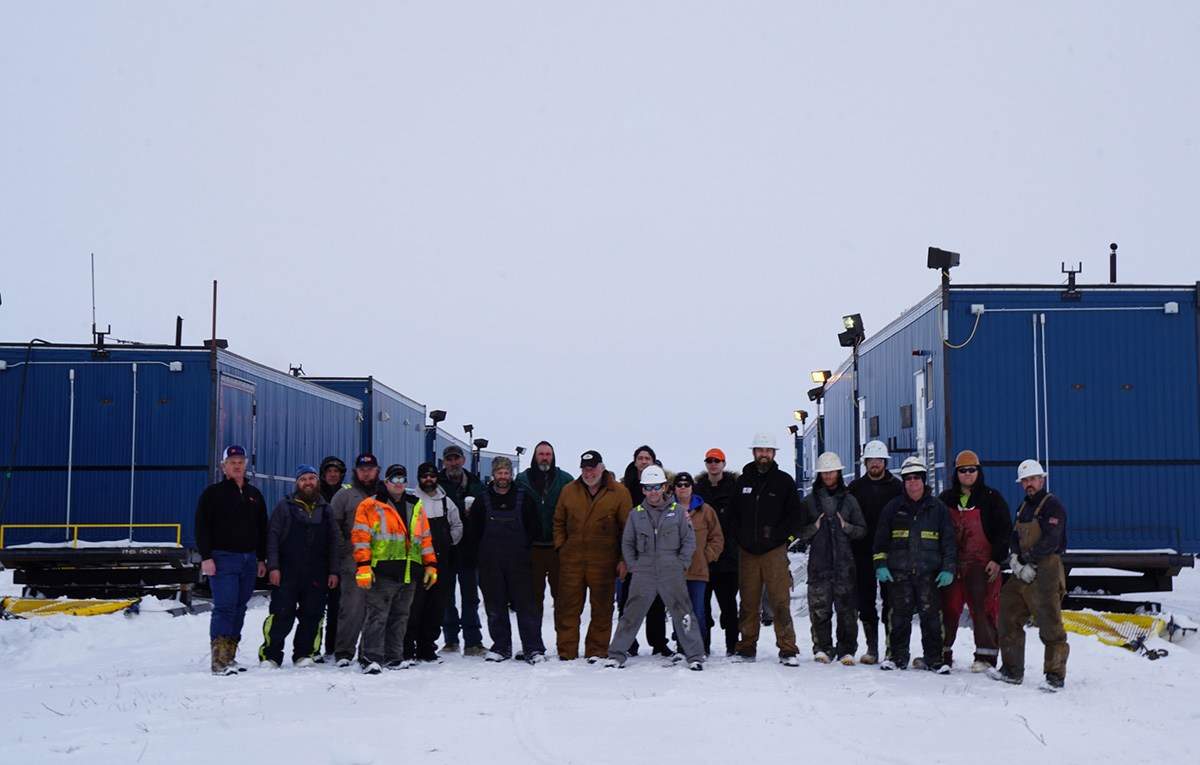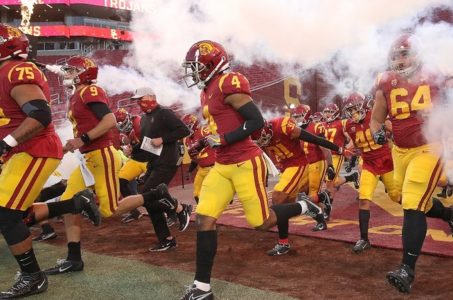Judge Blocks Alaska Native Corporations from Receiving Coronavirus Funds Earmarked for Tribes
Posted on: April 28, 2020, 10:11h.
Last updated on: April 28, 2020, 11:17h.
A federal judge has temporarily halted Alaska Native Corporations (ANC) from accessing $8 billion in COVID-19 relief funding allotted for Native American tribes.

In a two-page ruling, US District Court Judge Amit Mehta in Washington, DC sided with tribes suing Treasurer Steven Mnuchin. Mehta ruled that Mnuchin and the Treasury Department can begin issuing the coronavirus stimulus to the 574 federally recognized tribes, but not to the multibillion-dollar ANCs.
Defendant Steven Mnuchin, Secretary of the US Department of the Treasury, is preliminarily enjoined from disbursing to any Alaska Native regional corporation or Alaska Native village corporation any Coronavirus Relief Funds,” Mehta said in his temporary restraining order.
“This preliminary injunction shall expire upon entry of final judgment in this case or other court order,” Mehta concluded.
Tribes Rejoice
All 524 tribal casinos in the US have shuttered in an effort to slow the spread of the coronavirus. According to the National Indian Gaming Commission (NIGC), there are 255 Native American tribes that currently operate at least one casino.
For the vast majority of the gaming tribes, their casinos generate their lion’s share of economic activity and revenue. The NIGC says Indian casinos employ more than 700,000 people, and the venues collected gross gaming revenue of $32.4 billion in 2017.
With their main businesses closed, Congress included $8 billion in stimulus money in the CARES Act for sovereign tribes. But when making recommendations to Mnuchin on how to distribute the money, Tara Sweeney, assistant secretary of Indian Affairs at the US Department of the Interior, said ANCs should be included.
ANCs were created through the 1971 Alaska Native Claims Settlement Act. The US government formed 13 corporations, which today have more than 200 subsidiaries.
The corporations, which operate in various industries, such as oil and gas production, fishing, farming, and land preservation, are commercial enterprises not owned by sovereign nations. Instead, the Alaskan natives are shareholders in the businesses.
Tribal leaders have called on federal judges to block Sweeney and Mnuchin from giving funds that should be used to help sovereign nations survive during the pandemic from going to multibillion-dollar companies.
“Federally recognized tribes stood together to oppose the actions of the Department of the Treasury in another attempt to undermine the first citizens of this country. But our voices were heard and indigenous people prevailed today!” said Jonathan Nez, president of the Navajo Nation, one of the plaintiffs in the litigation.
ANCs Respond
The Alaska Native Claims Settlement Act Regional Association and the Alaska Native Village Corporation Association said the case will be continued.
Representatives for the groups said the judge’s ruling “will mean a delay in necessary resources and economic assistance for Alaska Native people in our communities and our state.”
It hasn’t been revealed how much Treasury might distribute to the ANCs if permitted. But one tribe that is part of the lawsuit against the federal government – the Cheyenne River Sioux Tribe in South Dakota – alleges Sweeney has recommended at least $3 billion go to the ANCs.
Prior to joining the Interior Department, Sweeney worked for nearly 20 years at the Arctic Slope Regional Corporation – an ANC.
Related News Articles
Future of Indiana Gaming Will Discuss Tribal Compacts, Online Casinos
USC Trojans Fans Question University Naming Official Casino Resort Sponsor
Most Popular
Mirage Las Vegas Demolition to Start Next Week, Atrium a Goner
Where All the Mirage Relics Will Go
Most Commented
-
Bally’s Facing Five Months of Daily Demolition for Chicago Casino
— June 18, 2024 — 12 Comments -
Chicago Pension Mess Highlights Need for Bally’s Casino
— July 2, 2024 — 5 Comments
















No comments yet